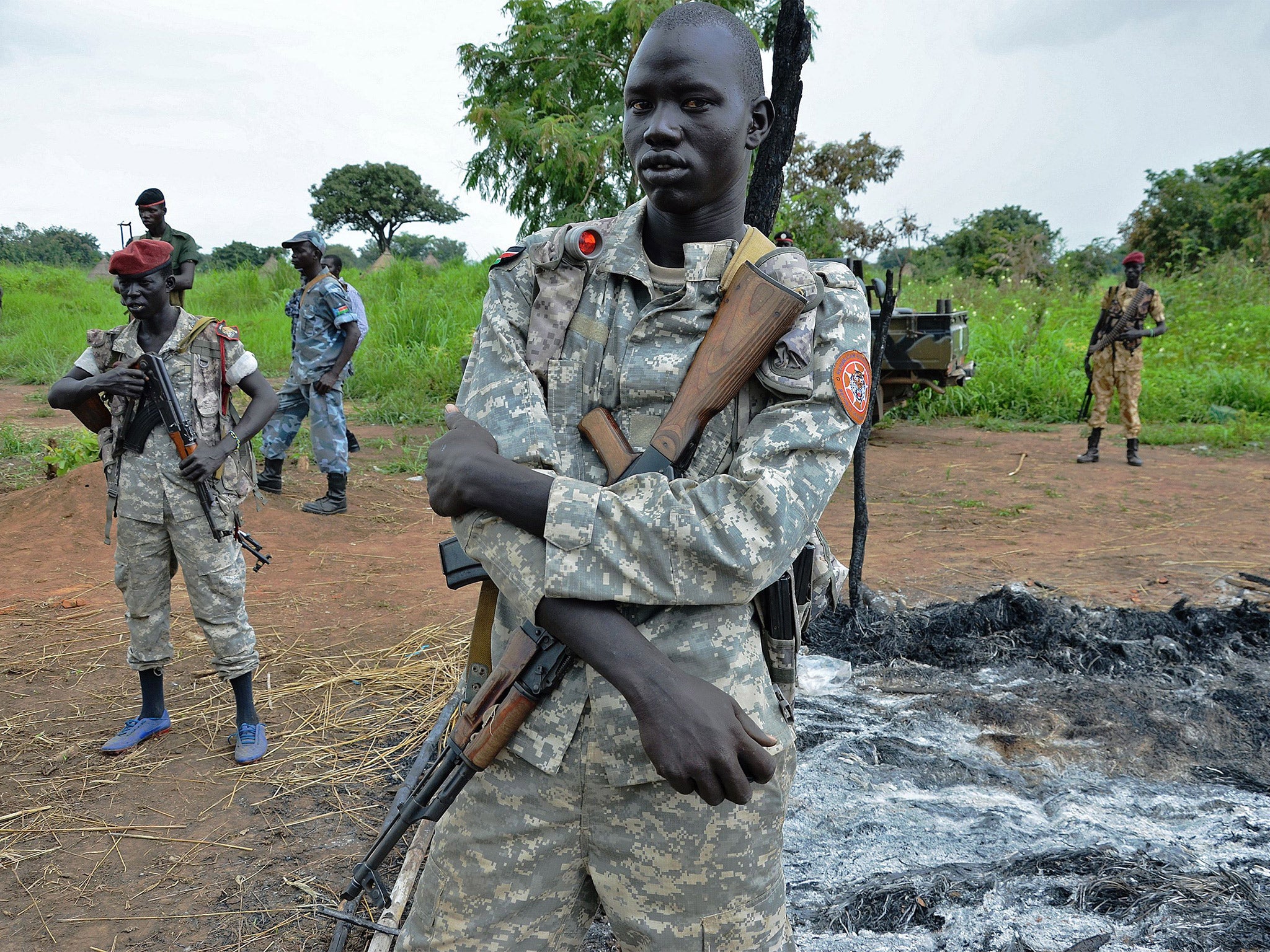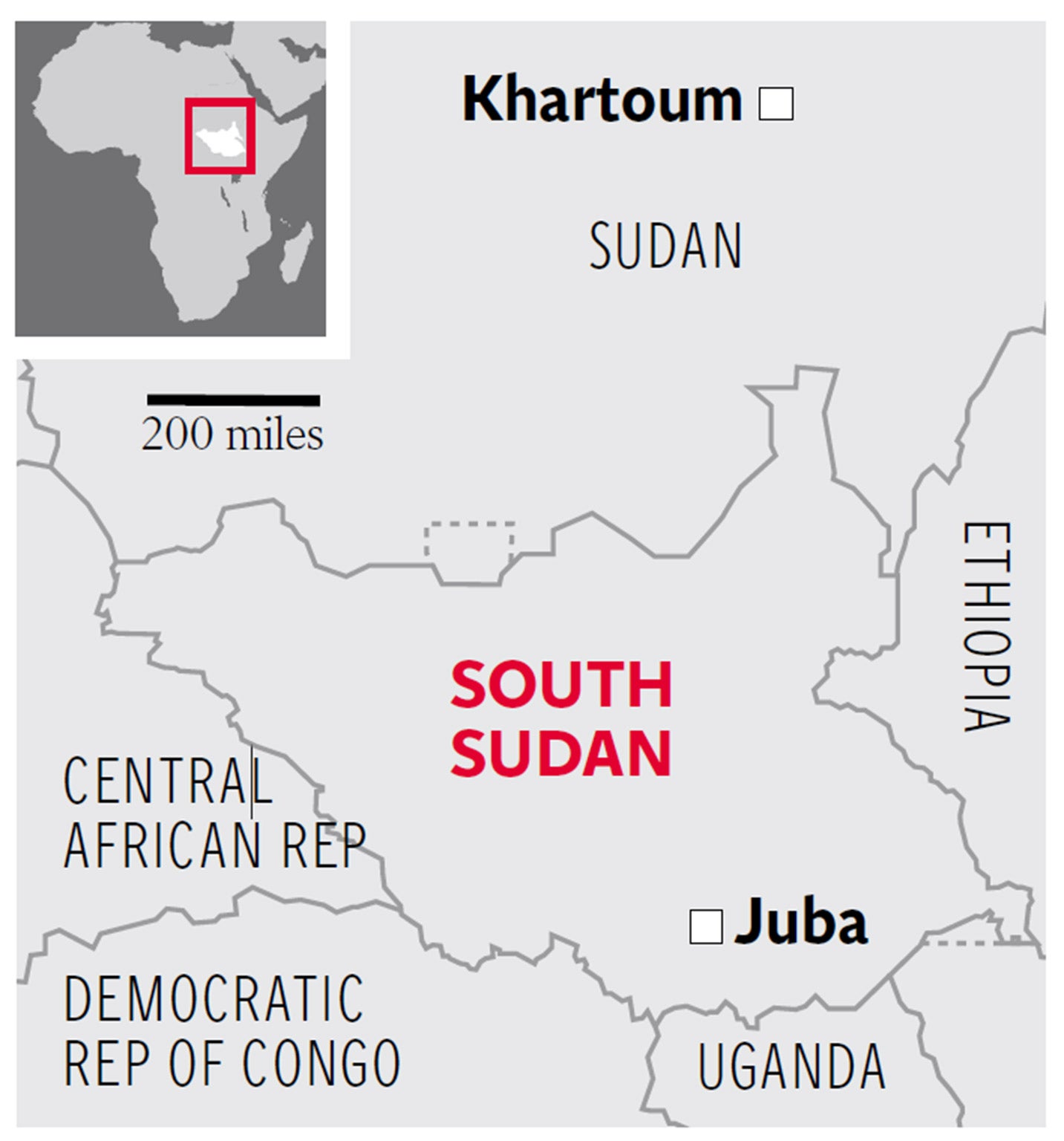South Sudan's civil war: What has happened in the world's youngest nation?

Your support helps us to tell the story
From reproductive rights to climate change to Big Tech, The Independent is on the ground when the story is developing. Whether it's investigating the financials of Elon Musk's pro-Trump PAC or producing our latest documentary, 'The A Word', which shines a light on the American women fighting for reproductive rights, we know how important it is to parse out the facts from the messaging.
At such a critical moment in US history, we need reporters on the ground. Your donation allows us to keep sending journalists to speak to both sides of the story.
The Independent is trusted by Americans across the entire political spectrum. And unlike many other quality news outlets, we choose not to lock Americans out of our reporting and analysis with paywalls. We believe quality journalism should be available to everyone, paid for by those who can afford it.
Your support makes all the difference.Like many conflicts, the start of the South Sudanese civil war began as little more than a row between two men, albeit two powerful leaders in the world’s newest nation.
At a meeting of the country’s key figures in December 2013, the former vice-president Riek Machar decided to boycott the next gathering.
This ultimately led President Salva Kiir to accuse Mr Machar of planning a coup to unseat him. What has followed has been a disaster for the four-year-old state.

Fighters loyal to both men have fought a bloody civil war, seemingly without either side gaining the upper hand.
The real losers, as ever, have been more than two million ordinary people, who have been forced to flee their homes because of the fighting.
Both sides were accused of deliberately targeting civilians. In one attack in the town of Bentiu in April 2014, 400 people were killed, and both sides blamed each other for the massacre.
While peace talks appear to have cemented a deal between Mr Kiir and Mr Machar, other rebel groups that split from Mr Machar’s movement have rejected the accord, and have said they will continue fighting to remove both men.
Join our commenting forum
Join thought-provoking conversations, follow other Independent readers and see their replies
Comments